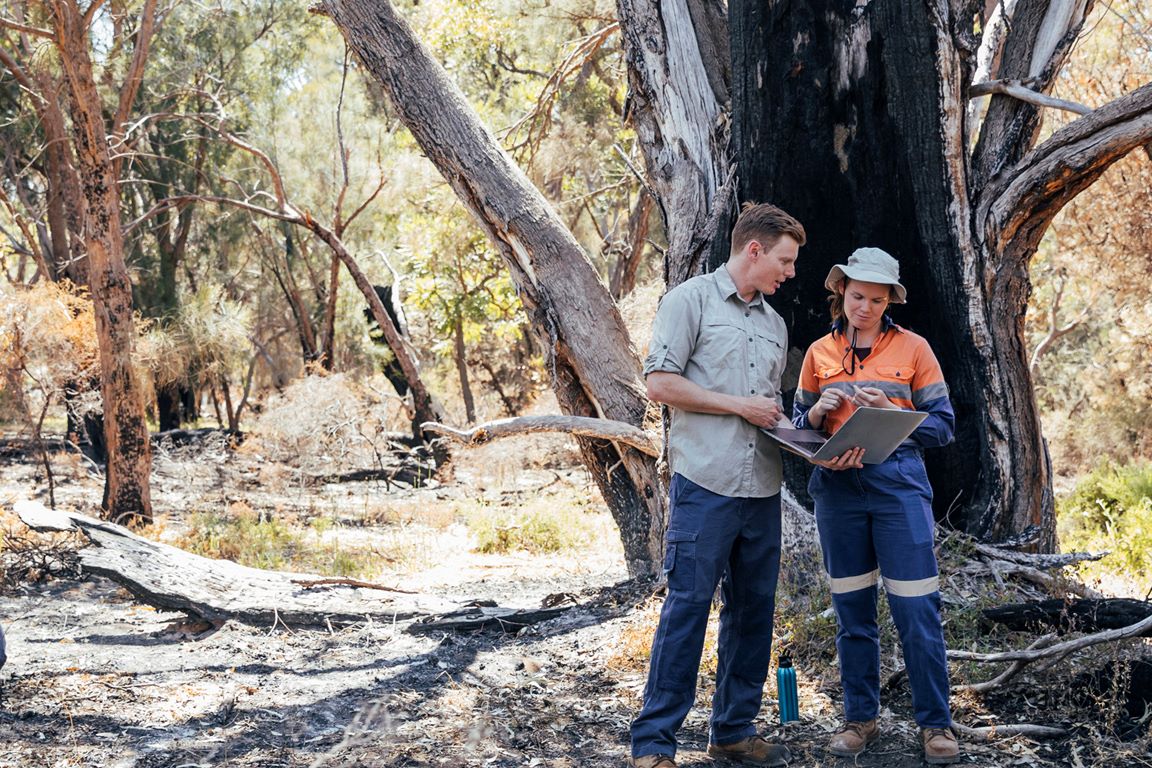Course structure
This course reviews the difference in accuracy between the heuristic and the new machine-learning model, which achieved a 30% improvement in accuracy and greatly reduced the workload of analysts.
We explore data analytics through the case study of the NBN rollout and its perceived success; the project achieved a 96% on-time connection rate, attracting 2.3 million new customers. The team used both clustering techniques and data mining algorithms to identify cohorts of unsatisfactory customers and areas.
Previously, NBN relied on a heuristic method to guide the resource allocation to new regions, based on its past roll-out records. However, increasing customer expectations and the accelerating roll-out speed has led NBN to develop more accurate, data-driven strategies to manage the roll-out process.
This taster course uses a real-world problem to illustrate to participants the impact of effective solutions. In this course, the NBN roll-out and the impact the successful use of the new machine-learning model has on collecting and analysing data is showcased, with respect to informing evidence-based decision making.
The question is then put to participants: What lessons can they bring into their own workplaces to mirror this behaviour?
Learning outcomes
This course will provide an opportunity for participants to engage with the following learning outcomes:
- The ability to describe how data analytics can be used for workforce planning
- The ability to describe how data analytics can be used to understand customer needs & improve customer satisfaction
- The ability to explain the impact of a centralised approach to data collection and analytics.

















